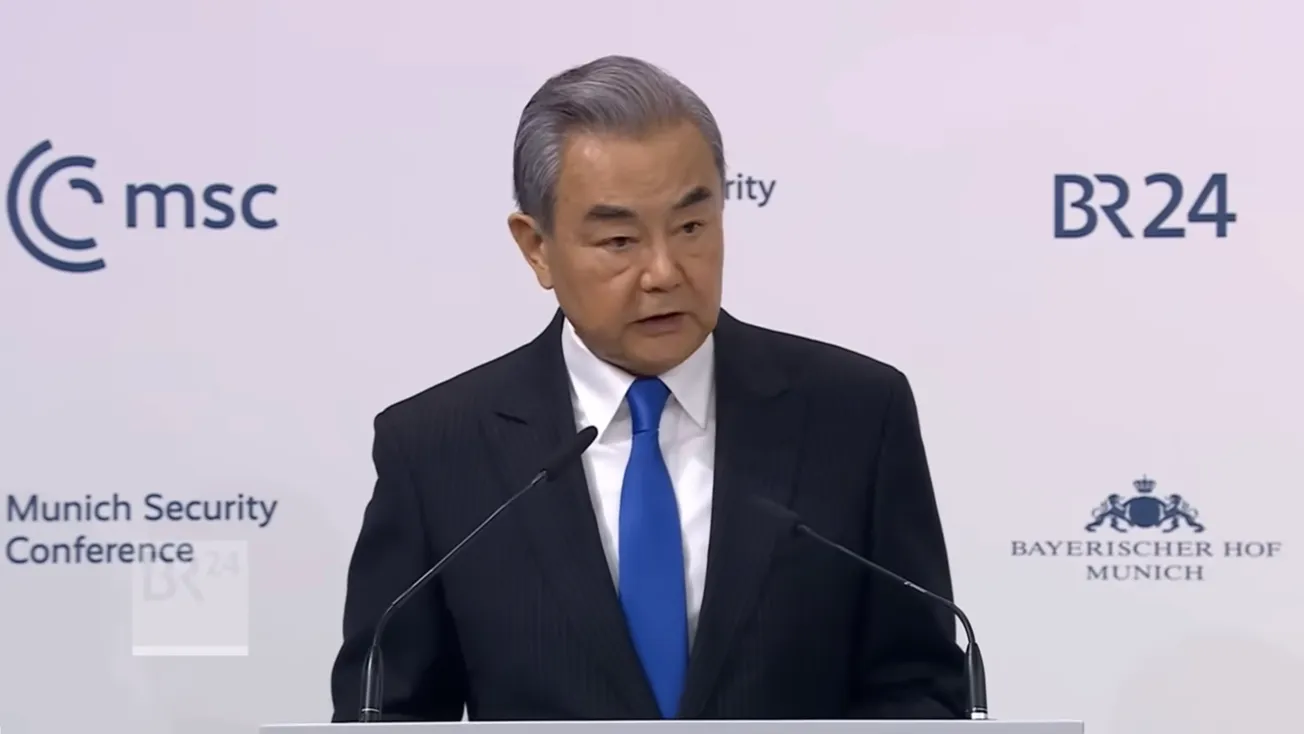The first meeting at the level of Deputy Prime Ministers proposed at the Jan. 12 meeting of Russian President Vladimir Putin and the leaders of Azerbaijan and Armenia, took place in Moscow on Jan. 31. Its purpose was to begin the process of economic cooperation to consolidate the gains of the ceasefire that ended the conflict over Nagorno-Karabakh.
“The parties agreed to establish the expert subgroups related to railway, automobile and intermodal transport; transportation, including security, border, sanitary, veterinary, phytosanitary, and other types of control,” the statement noted. The expert groups will be established by Feb. 2 and they will hold their first meetings by Feb. 5.
A background article on the proposed 3+3 format for economic and political cooperation in the Caucasus appeared in the Hurriyet Daily News, tied to Turkish government policy circles, by Serkan Demirtas. The idea was announced last week during an official visit to Ankara during a meeting between Iranian Foreign Minister Foreign Minister Javad Zarif and his Turkish counterpart Mevlüt Çavuşoğlu. Although not announced there, Demirtas said the 3+3 would be Iran, Russia and Turkey on one side and Armenia, Georgia and Azerbaijan on the other.
Demirtas pointed to two difficulties to overcome, including the internal opposition in Armenia, which is still attacking the government for making the ceasefire deal, making it hard for the government to openly cooperate with Azerbaijan. In Georgia, the government refuses to take part in any regional body with Russia unless Moscow ends its occupation of Abkhazia and South Ossetia, which happens to be where the rail lines enter Russia. “Georgia will not be able to engage in the peace platform, where the country occupying Georgian territories is participating as well,” announced Georgian Deputy Foreign Minister Alexander Khvtisiashvili last week, according to the local media. Nonetheless he said Georgia attaches great importance to the regional initiatives between the three South Caucasus countries – Armenia, Azerbaijan and Georgia.
These problems are obviously the reason for a 3+3 format; in this case, Russia, Turkey and Iran, have the ability to exercise positive influence on the other three. The key is to reopen and develop transport, especially railway links that have been closed due to the Nagorno-Karabakh conflict.



